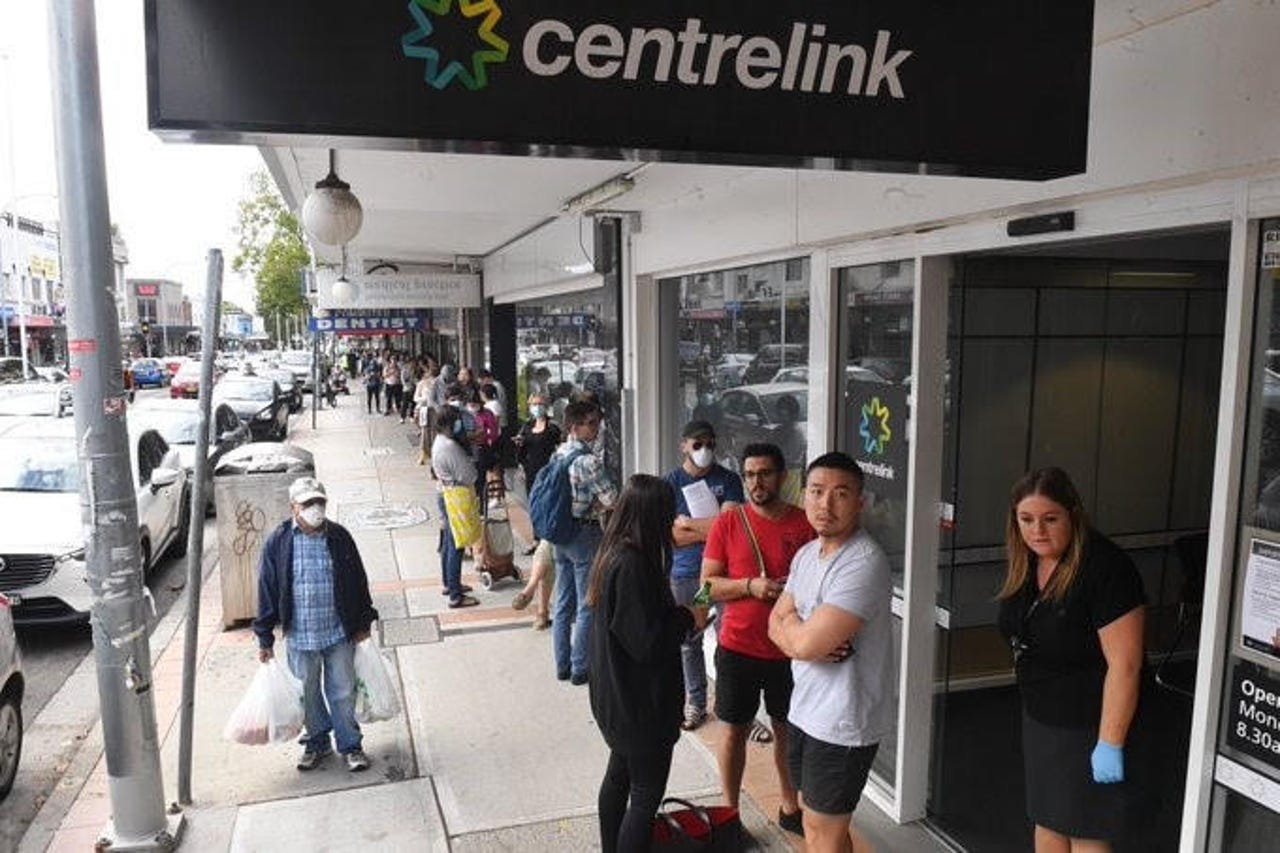Senators concerned end of JobKeeper could see new wave of robo-debts


The Australian Taxation Office (ATO) paid JobKeeper to eligible employers, with the aim of keeping more people in work, as part of the federal government's COVID-19 assistance package.
The employer would pay employees with JobKeeper funds, at least in theory.
JobKeeper Payment ended 28 March 2021.
The government also offered JobSeeker, which those aged between 22 and the aged pension limit could apply for, provided they met income and assets tests.
If an individual receives income support payment from Services Australia, they were required to report any employment income they receive each fortnight. They were also told, Services Australia CEO Rebecca Skinner said, to tell the agency about any final amounts of JobKeeper that were included in their pay after 28 March 2021.
"If you don't, we may pay you too much and you'll have a debt to pay back," the website explains.
Facing the Community Affairs Legislation Committee on Monday as part of its Senate Estimates spill-over hearing, Skinner and Services Australia general manager of compliance assurance Chris Birrer faced questioning on the potential for a mass of people to be hit with a Commonwealth debt once JobKeeper payments have been reconciled.
"We are going through the process of -- if we -- in the arrangements when people were on JobSeeker, where they were reporting their income and they were in receipt of the coronavirus supplement as well, one of the first questions they're asked was if they were on JobKeeper so we did try to prompt people if they were in receipt of both," Skinner said.
"As we do the debt raising and we consider whether people have had overpayments, that information should all be there for us to use and engage with the citizen on, if that's the case."
Birrer said the onus was on the individual to report that they were in receipt of JobKeeper, JobSeeker, or other forms of welfare support, in addition to any ordinary or extra income.
"We're engaging with customers around that -- it could impact whether or not they were eligible for a rate of JobSeeker or other income support payment or what the correct rate would be -- so we're engaging with customers around that and going though intersection activity now," he said.
The pair were asked how this was communicated to people and if they were warned they could face debt in the future.
"We identify people and we used things like sending them a text to get them just check in or offering to call us if they were confused," Skinner said.
The pair took on notice how many people Services Australia has highlighted as potentially being overpaid and how many debts have been raised as a result.
A further measure announced by the federal government as part of its coronavirus response plan was pausing Centrelink's online compliance intervention (OCI) program -- of which the automation element became colloquially known as robo-debt.
The federal government paused the automated data-matching element of the initiative in November 2019 and in May 2020 confirmed "it was legally insufficient to use ATO income averaging either fully or partially" to raise debts, estimating refunds to the tune of AU$721 million would be paid to individuals caught up in robo-debt.
This would see around 470,000 debts refunded. As revealed during Senate Estimates in March, that figure is actually 507,000 debts raised using income averaging. On Monday, Birrer confirmed the total value of refunds paid to-date is AU$724 million, representing 96.4% of eligible customers.
Debt collection activity still continued, but rather it relied on information that wasn't based solely on income averaging. Services Australia paused a range of debt activity in response to the pandemic, but in October the pause ended, with the agency keeping repayments on hold until February 2021.
"In terms of debt, there's two activities: There's debt raising, which is looking at events on customer records and events which could lead to an overpayment," Birrer said. "That overpayment is then assessed and determined.
"In some cases it's found that that determination is finalised with no debt or the debt came below a waiver threshold, in other instances, there is a debt as a result of overpayment that a customer has received and then we raise that debt and engage with the customer about recovery options for it."
HERE'S MORE